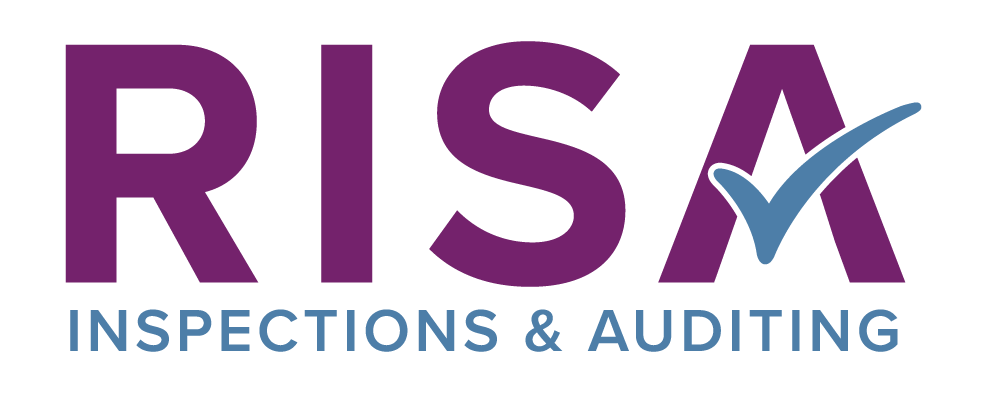With 50 years experience in the Home Improvement market, manufacturing your tailor made products in our UK factory, you can rest assured that you are transforming your home with a reliable brand. We are a National Company providing a local service with over 100 local showrooms. With over 1 million happy customers all over the country, Anglian Home Improvements is the market leader in double glazing and triple glazing, front and back doors, conservatories, orangeries, roof products and more .
- National company- local service
- Home Improvements – Windows, Doors, Conservatories, Orangeries, Extensions, Rooftrim & Garage Doors
- Robust & solid Guarantees on all our products
- Over 1 million customers, we are highly recommended
- Bespoke products-Made in Britain

 Emergency Glaziers
Emergency Glaziers GGF Shop
GGF Shop MyGlazing.com
MyGlazing.com Find a GGF Member
Find a GGF Member




